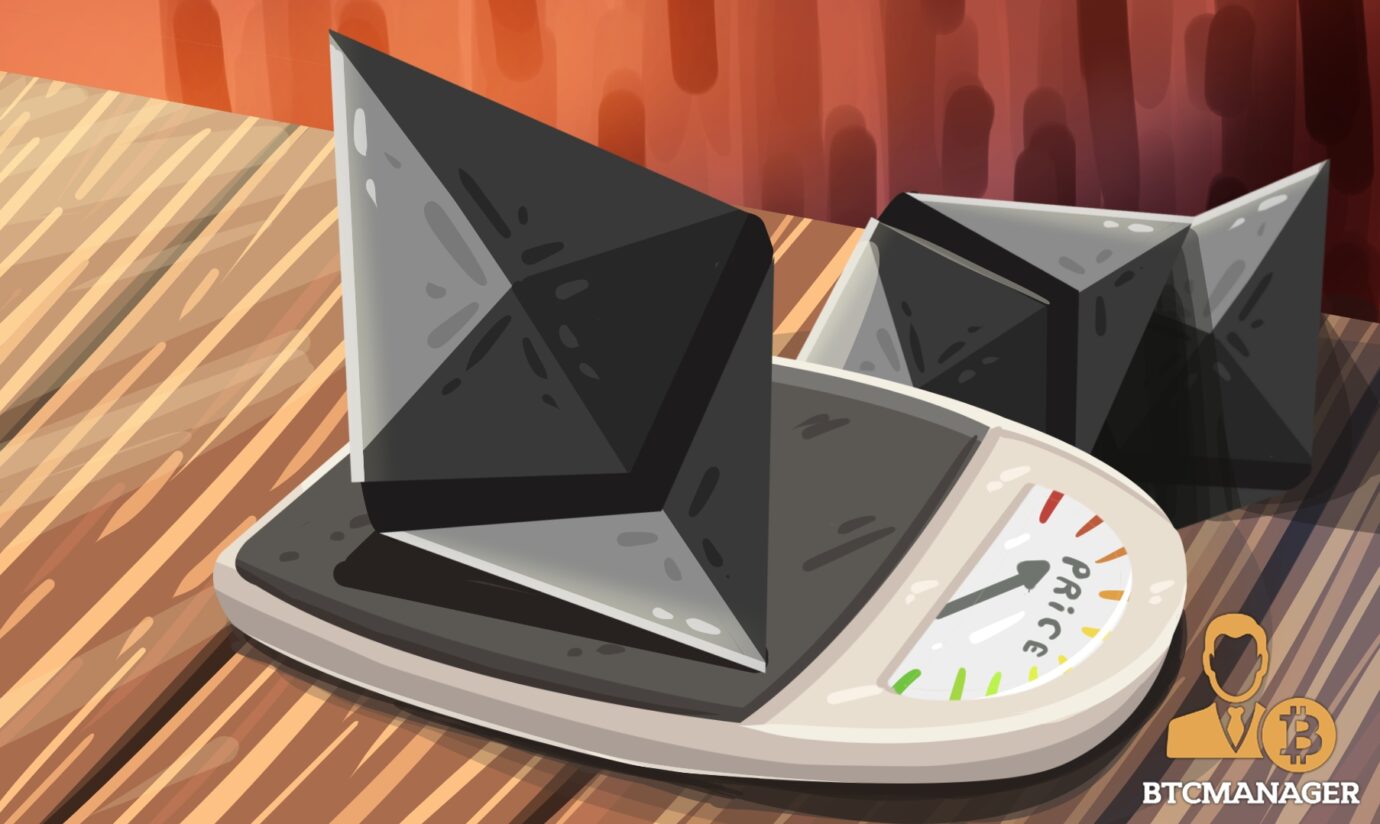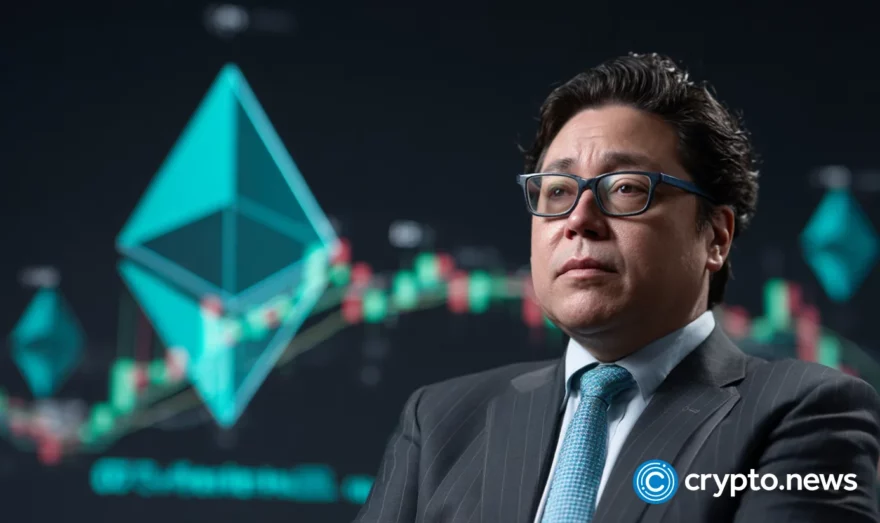Ethereum: To Hodl or not to Hodl

Ethereum dropped 36 percent this year, causing major crypto investors to actively bet against the second-largest crypto platform.
According to a report released by Tetras Capital, they see Ethereum as the central currency through which excesses in the decentralization community have developed. Tetras Capital is a crypto hedge fund which began shorting ether in May of 2018. At that point, the price was between $500 and $600. It’s currently around $470. Tetras believes that the decline in the price of Ether shows that speculation is responsible for pushing it to its 2018 highs.
Ethereum’s High Hopes
Ethereum hopes to be a definitive computing platform rather than maintaining the space that it has as the second most important crypto token, just behind Bitcoin. However, hedge funds like Tetras and Neural Capital aren’t convinced that it is worth the $48 billion market cap.
A quick comparison between traditional financial services and Ethereum shows the disparity. Visa can deal with 24,000 transactions a second. Ethereum can handle 15. This will prove to be a massive scaling problem if Ethereum cannot compete with traditional financial services. Ultimately, the Achilles’ heel of the currency is the perception between the price and where the technology currently sits.
Compounding Problems
On top of this, network congestion is beginning to become a problem. Many decentralized apps are running on the Ethereum platform. In spite of the fact that each of these apps has a low number of users, network capacity is almost filled up. This means higher fees and less adoption of the technology.
It is no secret that Ethereum is run by an incredibly talented team of developers. They are currently working on solutions to help with the network capacity problem, but many investors seem to believe that real improvements are too far away to pay off in the short term.
Will Updates Hold Up against Competition?
Still, some investors are holding onto their ether in hopes that upcoming technical updates to Ethereum will help the capacity and speed problems that it is currently experiencing. Plasma and Casper are two tech updates which will help with this, and investors are keeping a close eye on the developments as they decide if they want to short or not.
The problems with Ethereum are compounded by the fact that other competitors are entering the space. Dfinity, EOS, and Tezos have all come into the space with launches planned for later this year. Given that EOS has raised $4 billion without a live product, it stands to reason that investors have put a lot of belief in the technology. This could mean that investment in Ethereum will go the way of the dodo.
Ultimately, the Ethereum problem comes down to speed, scaling, and regulation. If Ethereum is able to generate a competitive advantage in any one of these fields, it is likely to restore investor confidence.














